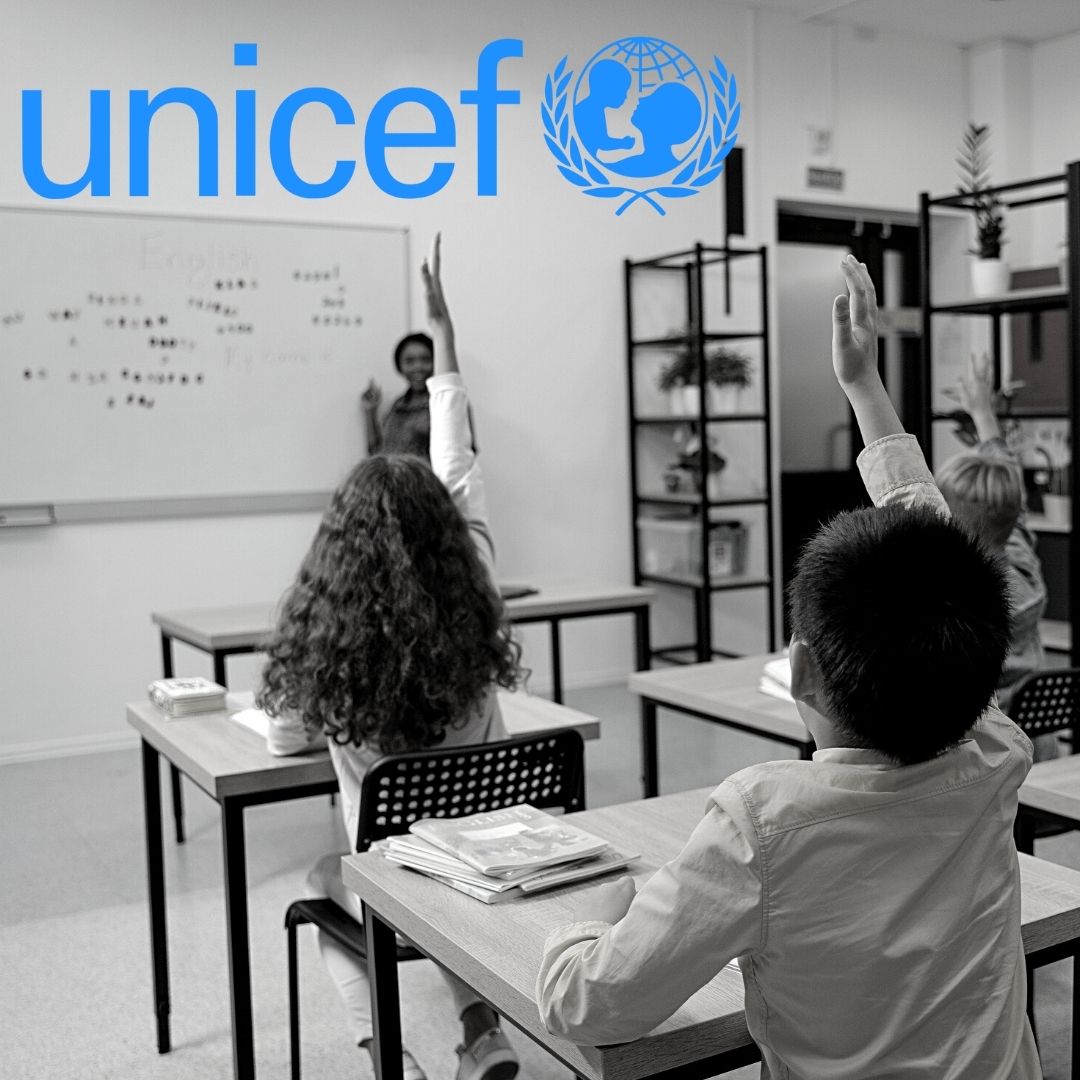
Photo Credit: Pexels
200 Million Students Live In Nations That Are Not Ready For Remote Learning In Future Emergencies: UNICEF
Writer: Abbas Rizvi
He is a voracious reader who likes to read about the world. Research and Fact Checking are his area of work. He likes to think before speaking.
India, 1 Nov 2021 4:05 AM GMT
Editor : Snehadri Sarkar |
While he is a massive sports fanatic, his interest also lies in mainstream news and nitpicking trending and less talked about everyday issues.
Creatives : Snehadri Sarkar
While he is a massive sports fanatic, his interest also lies in mainstream news and nitpicking trending and less talked about everyday issues.
UNICEF is working with private and public partners to give children and young people equal access to quality digital learning. The target is to reach some 3.5 billion with world-class digital learning solutions by 2030.
According to a report released by UNICEF recently, at least 200 million school children live in 31 low and middle-income nations that remain unprepared to deploy remote learning exercises in future emergency school closures. Among the school children, 102 million live in 14 nations that have kept their schools partially or fully closed for at least half of the Covid-19 pandemic, locking many students out of any kind of education.
What Is Remote Learning Index?
UNICEF measures countries readiness to deliver remote learning in response to disruptions of in-person education, covering almost 90% of school children in low and lower-middle-income countries using the Remote Learning Index. The Remote Learning Index focuses on three domains: deployment of policies and training for teachers, the availability of home-based benefits and parents' education levels, and the education sector's preparedness for emergencies.
"Even in the middle of the underway crisis, we know there will be one more, but unfortunately, we aren't making any progress to ensure the next time school children are forced out of the classroom, they have better options. The past 19 months have given us some idea of what is possible during and after the pandemic. Together with teammates, we have been hard at work to provide the power of technology and to provide learning opportunities for students and young people everywhere," said Henrietta Fore, UNICEF Executive Director, as reported by UNICEF.
Countries Partially Or Fully Closed
Nations like Burundi, Benin, Congo, Malawi, Niger, Ethiopia, Madagascar, Cote d'Ivoire, and Togo have the most severe need for improvement within the education sector. During the Covid-19 pandemic, the lack of remote learning readiness was especially felt by school children living in Congo and Madagascar, where schools were fully or partially closed for at least half of the past 19 months.
According to the report, 67 countries were assessed. Out of which 31 countries are not ready to provide remote learning at all levels of education, with school children of Central and West Africa being the most vulnerable ones. Seventeen nations have some average readiness, and a total of 19 countries have some above-average readiness. Pre-primary education is the most ignored level of education. Many nations do not even deploy a corresponding policy during lockdowns in the Covid-19 pandemic, leaving behind the youngest learners during their most crucial stage of development.
School Disruption Because Of Climate Disasters
Out of 31 nations, 23 countries also face high or extremely high exposure to environmental and climate shocks, putting around 196 million children at a high risk of school disruptions because of climate change emergencies. Countries like Jamaica, Barbados, Argentina and the Philippines have the highest level of readiness. Even the nations with high scores on the Index, within-country disparities, children living in poor households or rural areas are most likely to miss school closures. Encouragingly countries with relatively low gross national income scored above-average on the report index, which can be considered the indicators for international cooperation and exchange of good practices.
The report says there is no replacement for in-person learning, the reports say. Yet schools that have robust remote learning systems, especially digital learning, can provide a degree of education during school closures in times of emergencies. Moreover, once schools are reopening, these robust systems can support students to catch their lost learning.
Various Other Initiatives To Provide Education
UNICEF is closely working with public and private partners to give children and young people equal access to quality digital learning. The target is to reach some 3.5 billion with world-class digital learning solutions by 2030. One of the initiatives of UNICEF is working towards these goals through the Learning Passport developed in partnership with tech giant Microsoft, supporting 1.6 million learners during school closures. Reimagine education is also supported by Giga, which is a UNICEF and ITU global initiative to connect every school and its surrounding community with the Internet. Recently, Giga has mapped around 1 million schools in 41 countries and connected over 3,000 schools across four continents, benefitting around 700,000 learners.
ALSO READ: 43% Teachers Unhappy With Online Mode Of Teaching In COVID-19 Pandemic: Survey
 All section
All section













